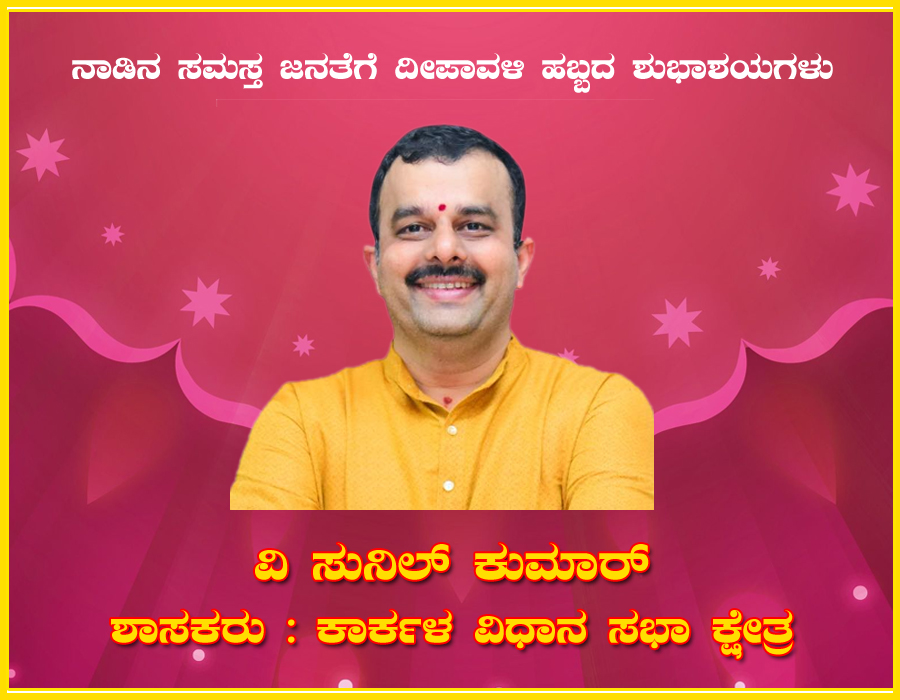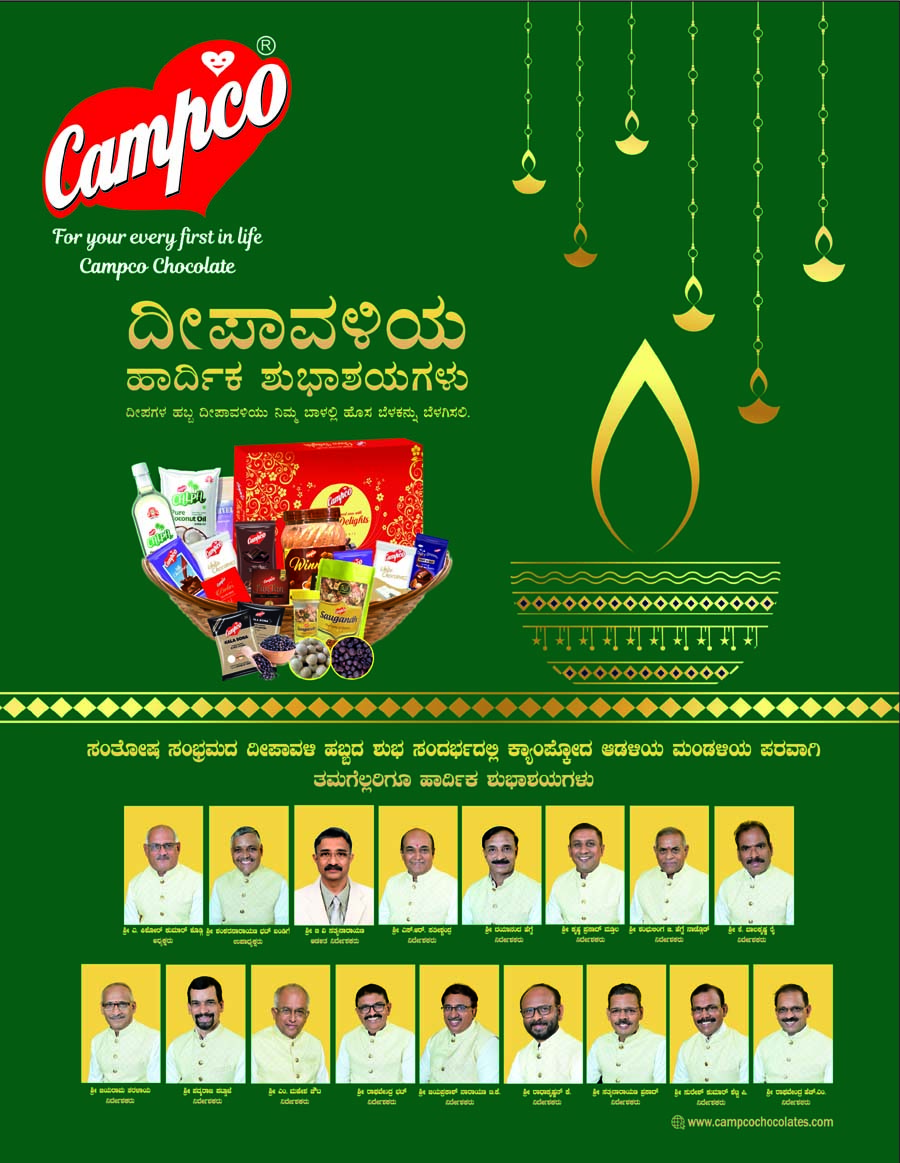Fourteen killed in Karachi violence after minister’s comments
8:06 PM, Thursday, July 14th, 2011 KARACHI : Fresh political violence gripped Pakistan’s commercial capital, Karachi, on Thursday, leaving 14 people dead in fighting sparked by a senior ruling party leader’s criticism of the city’s dominant political group.
KARACHI : Fresh political violence gripped Pakistan’s commercial capital, Karachi, on Thursday, leaving 14 people dead in fighting sparked by a senior ruling party leader’s criticism of the city’s dominant political group.
Angry mobs went on a rampage and burnt vehicles after Zulfiqar Mirza, a minister in the Sindh provincial assembly and senior member of President Asif Ali Zardari’s Pakistan People’s Party (PPP), urged the people of Karachi and Hyderabad, the second-largest city of Sindh, to “stand up … and rid yourselves” of the Muttahida Qaumi Movement (MQM).
“I appeal to the people of Karachi especially, and of Hyderabad, to stand up for yourselves, for Pakistan, for Karachi and for your innocent children, and rid yourselves of these cursed ones,” he said while talking to reporters, referring to senior MQM leaders.
In comments broadcast repeatedly by local television stations, he also criticised Mohajirs — the descendents of Urdu-speakers who migrated from India — for being ungrateful for the home they were given after the creation of Pakistan in 1947.
Provincial home minister Manzoor Wasan said 14 people were killed and 25 wounded in violence since last night. At least one person was killed in Hyderabad, police said.
Several protests were held in Karachi and other cities of the province, where hundreds of angry protesters burnt tyres, chanted slogans against Mirza and burnt his effigies, demanding his removal as a minister.
Many roads were closed in Karachi after protesters torched several vehicles following heavy firing all night in many areas.
Mirza later apologised for his comments.
“My statement last night was my personal view and was not meant to hurt anybody’s sentiments. But if it has done that, I sincerely apologise,” he said in a statement.
Karachi, home to more than 18 million people, has a long history of ethnic, religious and sectarian violence.
It was a major target of al Qaeda-linked militants after the Sept. 11 2001 attacks on the United States, when Pakistan joined the U.S.-led campaign against militancy.
The latest incidents come after a surge in ethnic and political violence in Karachi last week, which killed more than 100 people.
As the commercial hub, any upheaval in Karachi could disturb industrial activity and have serious consequences for the economy.
The country is struggling to control a rising Taliban insurgency in the northwest along the border with Afghanistan, while militant attacks in bigger cities are also on the rise.
The insurgency, perceptions of corruption and chronic power shortages have put off long-term investors, hurting the fragile economy which has been propped up by an $11 billion International Monetary Fund (IMF) bailout programme.
Leaders from the PPP sought to defuse the tension, saying Mirza’s views were his own and did not reflect party policy, but that was not enough to contain the violence.
“I apologise to the Urdu-speaking people who were hurt by this statement,” Interior Minister Rehman Malik told reporters in Islamabad.
“I am speaking on behalf of our leadership, and our entire leadership has disowned it.”
Wasay Jalil, a senior leader of the MQM, also condemned the violence.
“We are always for a peaceful protest and condemn any violence,” he said. “There are always forces which try and take advantage of the situation and disrupt the peace of Karachi.”
The country’s main stock market closed early amid security concerns, and though the main index ended a shade higher, trade was light as most investors stayed away.
Simillar Posts
Warning: count(): Parameter must be an array or an object that implements Countable in /home/megamcaq/public_html/wp-content/plugins/post-plugin-library/common_functions.php on line 357
- None Found
Leave a Reply
© Copyright 2008 www.megamedianews.com All Rights Reserved. Privacy Policy








 Posted in
Posted in  Tags:
Tags: 






